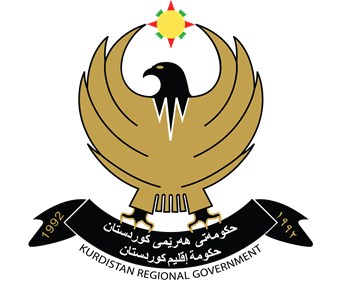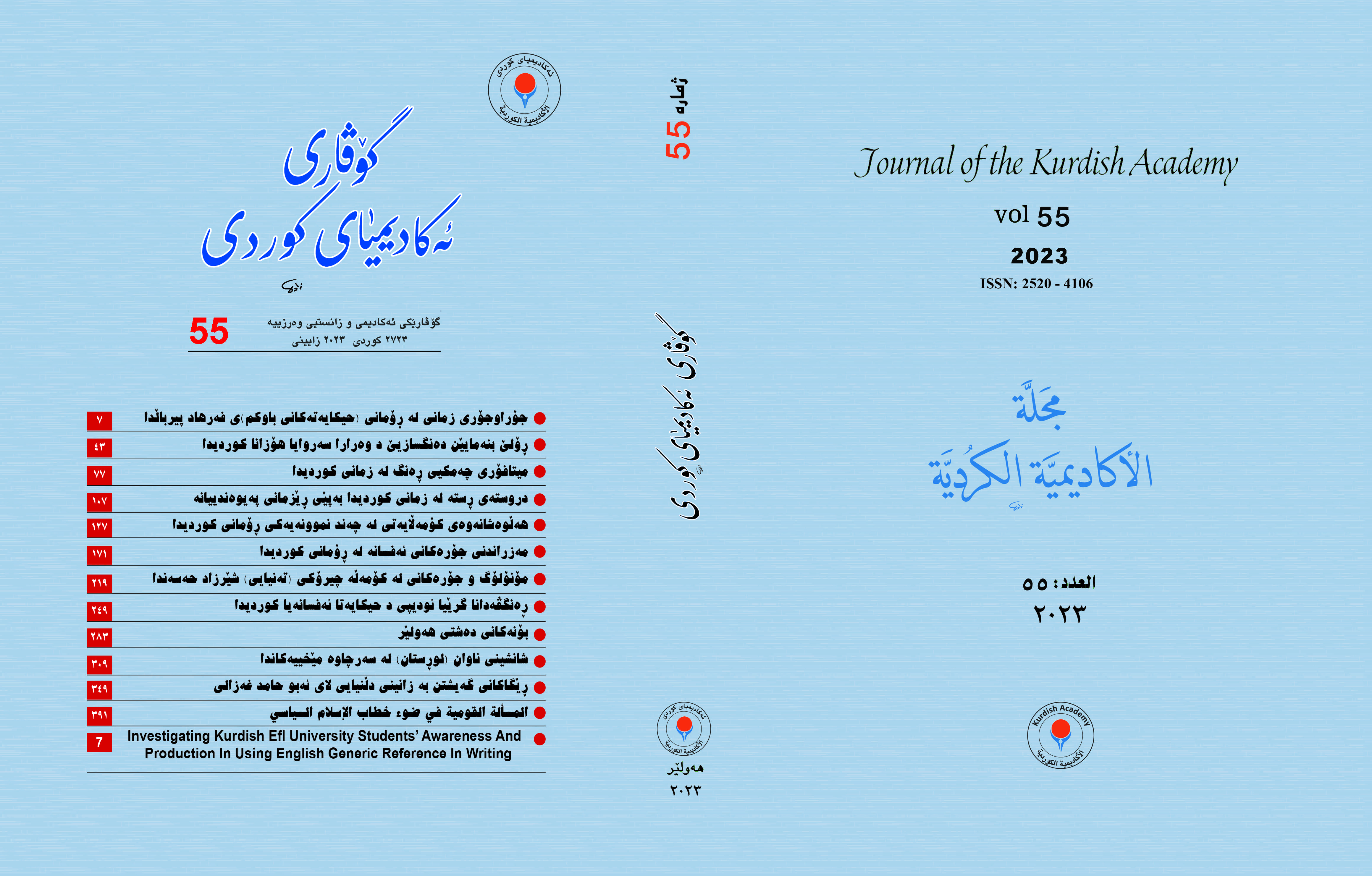The National Question in the Light of the Discourse of Political Islam
إسلام سياسي- مسألة الأمة
DOI:
https://doi.org/10.56422/ka..55.206Keywords:
Political Islam, Kurdistan, Kurdish Question, Muslim Brotherhood, Islamic Movements, National Discourse, Modernism, Plurality.Abstract
Abstract
Dr. Sarbast Nabi
Koya University
The blatant paradox reveals the size and depth of the tragedy that the Kurds have historically been subjected to by political regimes. These regimes have adopted Islam and its sacred discourse as a method and pretext for practising policies of denial, oppression, and extermination until today. Meanwhile, most parties and movements of political Islam are involved with these regimes in justifying regimes’ repressive political practices against the Kurdish people elsewhere and denying their human plight. Further, some leaders of these movements accused Kurds of blasphemy because Kurds opposed dictatorship and rose against oppression.
This paper argues that the ideological structure of the prevalent political thinking of the Islamists and doctrinal confiscations that dominate Islamist discourse contradict the requirements of the democratic and emancipatory discourse of the Kurdish question and its political goal. The paper points out that the alignment with demands of the discourse of political Islam and accepting its ideological confiscations necessarily constitute an alienation of the national consciousness.
This discussion aims to answer the following question: Does the discourse of political Islam meet the requirements of the Kurdish national question and its goals of liberation, equality, and development? The counter hypothesis, which this research tends to agree with, says the political and ideological reference adopted by Kurdish Political Islam does not encompass a genuine recognition of the right of the Kurdish nation of self-determination away from the of political and ideological tutelage of the Islamic (Umma) project. The Umma, is significantly dominated by countries that collude in practising oppression and denial of the Kurdish identity.





